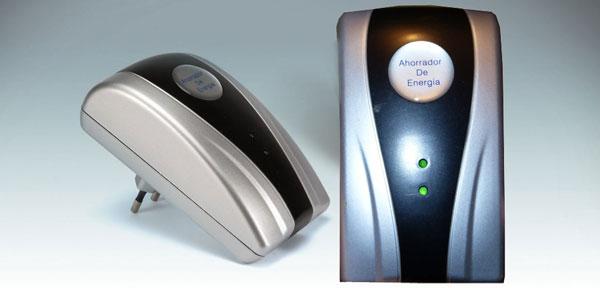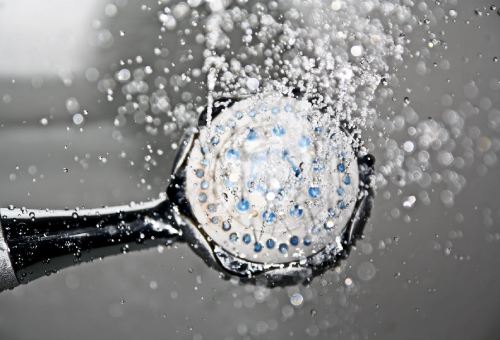Energy savers | OCU
They are usually sold in online stores, cost between 15 and 30 euros and are given names such as “energy saver” or “Saver box”. Resembling a mobile charger or plug-in air freshener, these devices claim to eliminate power spikes and reduce energy waste and consumption from household appliances. Some promise to reduce electricity bills up to 90% just by plugging them into a wall outlet… an exaggerated claim in any case because even if they did reduce energy consumption, this is only part of the bill, not all of it. There are other sections, such as the contracted power, which they cannot influence: you will have to pay for it whether you consume it or not.
Is it true that they manage to reduce consumption? Well, from what we have verified, they cannot lower the electricity bill: these saving devices #NoCuelan.
How do they work?
What are these supposedly saving devices based on? How do they intend to help you pay less? According to their manufacturers, they achieve this by taking advantage of the residual energy that is normally wasted. Its operating principle is nothing revolutionary: a small capacitor captures the reactive energy, returning it to the general network to be consumed.
Reactive power and capacitors

Reactive power is an effect that occurs in the circuit, but does not influence the amount of electricity actually consumed. Domestic meters do not account for it: it is like beer foam, which increases in volume in the glass, but only in an apparent way.
Reactive energy is not charged
These "energy savers" devices have no effect on the “real” power consumption, which is what the meter registers and that you pay in the invoice.
You should know that domestic electricity contracts do not pay for reactive energy. Large industries, whose machinery produces a lot of reactive energy, are charged. Therefore, in those cases it may be useful to place capacitors of this type, but we are not talking about consumers, but on a much larger scale.
There are no savings with "savers"
In a house, far from saving, resorting to one of these little devices spends more money: what it costs to buy them plus what the little light that they usually consume consumes carry. At OCU we already analyzed them years ago, reaching the same conclusion, but it seems that in these times of economic and energy difficulties they are re-emerging in search of new customers, taking advantage of the least informed consumers.
Look for real options to pay less for electricity
If what you want is to save on your electricity bill, at OCU we remind you that, even in the current situation of skyrocketing prices, you have other options:
Sick of paying a lot for your energy bill?
Mobilize with OCU and support our measures to pay less for electricity









4034